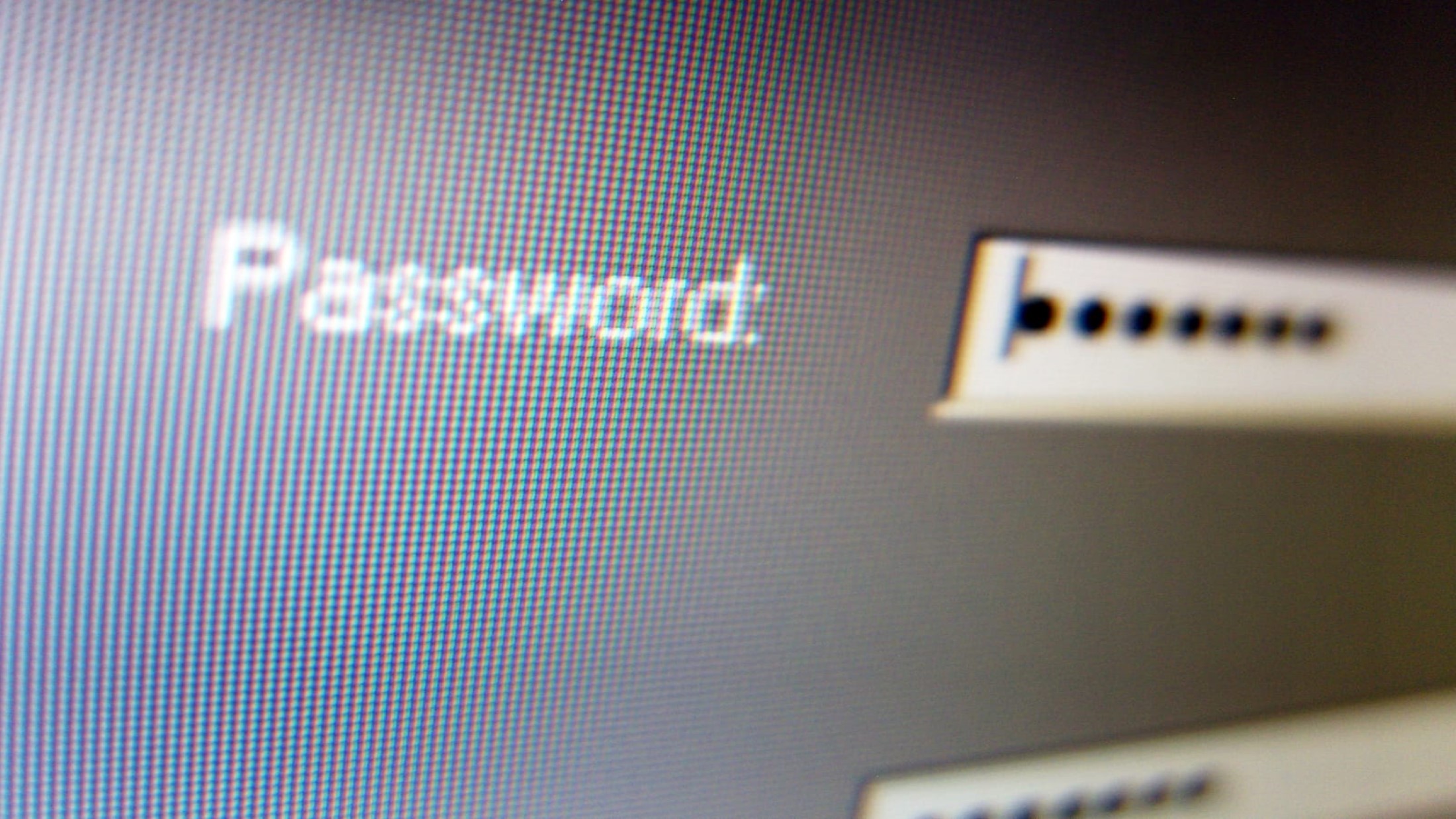Over the past couple of years, a whole host of cleaning and 'odd job' apps have sprung up, tapping into consumers' desire for hassle-free, time-saving ways to tackle their household chores.
But what impact are these apps having on the cleaning industry at large – and what lessons can traditional cleaning businesses learn from these tech-driven start-ups?
The on-demand economy
The UK cleaning industry has an estimated annual turnover of £8.1bn, and the contract cleaning sector has returned to growth after several years of decline. The numbers are clear: as a nation, we're now more likely than ever to outsource our cleaning to professionals.
Tech businesses like Handy, and Bizzby have jumped on this trend (dubbed the 'on-demand economy'), connecting consumers directly to freelance cleaners and tradesmen via their apps.
Boosting bookings
One of the key characteristics of the on-demand economy is that it taps into the growth of smartphone and tablet ownership to make booking a cleaner, tradesman or handyman quick and easy. Services like Bizzby allow users to book a cleaner for a set time at a fixed price, pay in advance and adjust bookings while on the go.
Apps also sidestep the issue of reliance on word of mouth for customers, where the need for a solid recommendation from friends or family has historically been a hurdle. Sites like Trust Pilot provide an online platform for customer reviews and recommendations, while reviews on the Google and Apple App Stores give users a good idea of what to expect from the service at the point of download.
More work, less security?
Estimates suggest that, by 2025, as much as 38% of the UK workforce could be part of the on-demand economy. However, the news isn't all rosy when it comes to on-demand cleaning apps.
For freelancers, signing up with an on-demand cleaning service means being notified of local jobs and choosing which ones to accept. But while this is an attractive prospect for many, there are concerns that this model comes at the expense of job security.
Security doesn’t just mean regular work: it means paid holiday, pension contributions and notice periods. It also allows the possibility of collective bargaining through unions and worker representatives. Working as a freelancer through an app operator removes these benefits – which is where more traditional cleaning businesses still have a distinct advantage when it comes to attracting staff.
Regulation
In an industry where high numbers of contract workers and low levels of union membership are already sparking debate, regulation is an increasingly hot topic. However, regulators seem to be aligning in favour of – rather than in opposition to – collaborative business models. The European Commission is even reportedly looking at ways to simplify the patchwork of laws across the continent to further nurture the on-demand economy.
So, what can traditional cleaning SMEs learn from these app-based, on-demand start-ups? Although many small businesses are unlikely to have the budget to develop a sophisticated mobile app, having an easy-to-use, mobile-friendly website that allows for booking flexibility is a good first step. Traditional businesses also have the upper hand when it comes to delivering the 'personal touch' and developing real customer relationships – so creating a loyalty reward scheme to encourage long-term, repeat custom is another good way to beat the app merchants.
Will the app generation overtake more traditional cleaning firms and businesses? Or is this more of a passing fad? Let us know your thoughts in the comments below.






